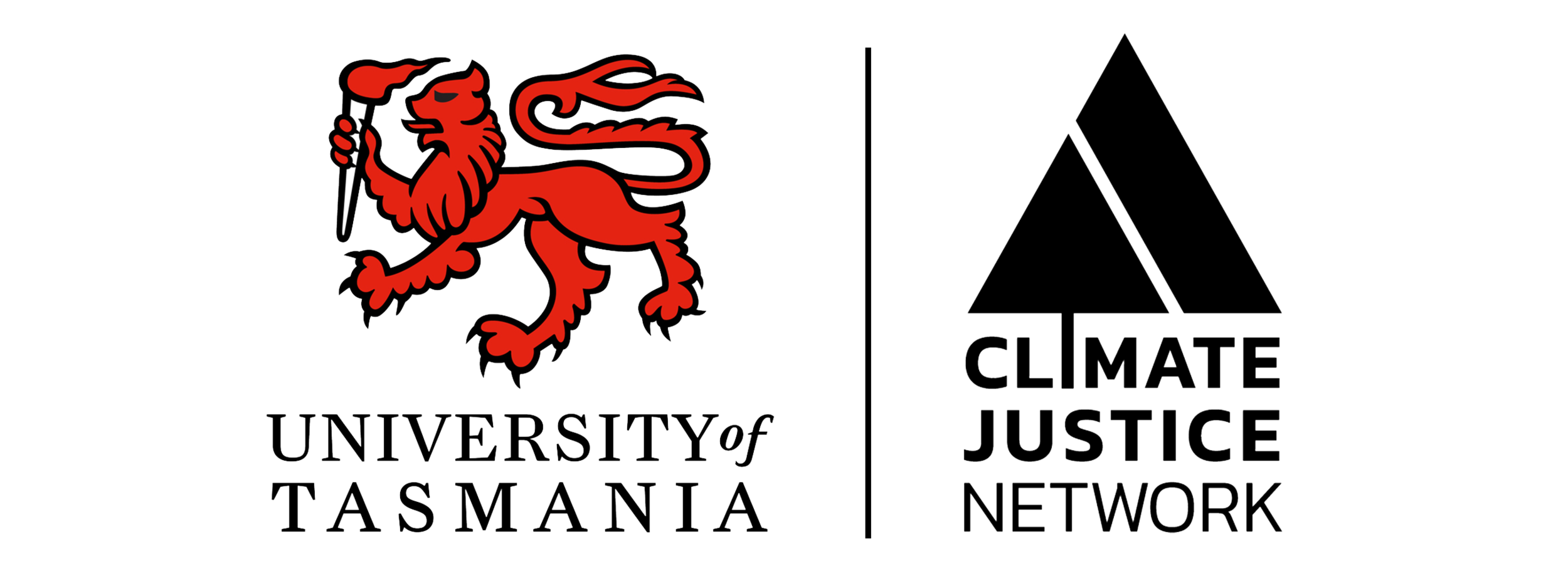Karey Harrison, University of Southern Queensland
Karey Harrison discussed the neoliberal reliance on continuous growth, and the use of economic modelling and market mechanisms when devising climate policy. Climate change will negatively impact GDP and economic growth, yet climate policies often rely on the model of continuous economic growth. Climate change, rising inequality, and unsound neoliberal policies reflect a crisis of capitalism.
This talk was held at:
Imagining a Different Future
Climate Justice Conference
The University of Tasmania with the support of the University of Utrecht Ethics Institute hosted a multidisciplinary conference examining the barriers to responding to climate change, implementing climate justice, and proposing ways forward. Among the keynote speakers were Law Faculty Professors Jan McDonald and Ben Richardson. The Law Faculty's Dr Peter Lawrence co-convened the conference with Jan Linehan. The conference took place in Hobart from 8-9 Feb 2018.
Despite the Paris Agreement, there are real concerns the prevailing neoliberal economic and political model, particularly with the move to more insular, nationalistic, fragile politics, cannot respond effectively to climate change and excludes key considerations such as ethics and justice. Videos and Podcasts from the conference are available on the Knowledge Hub.
